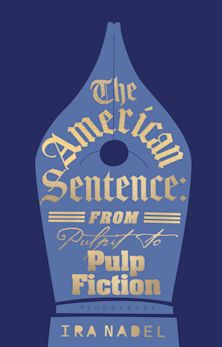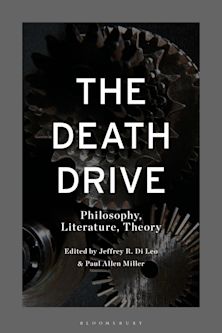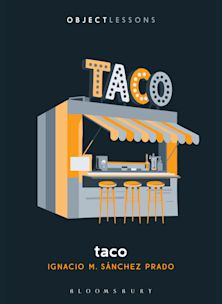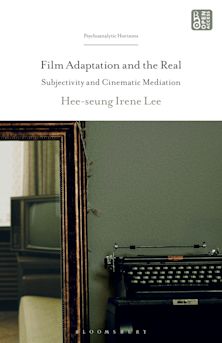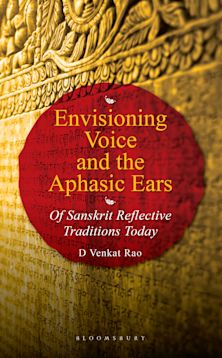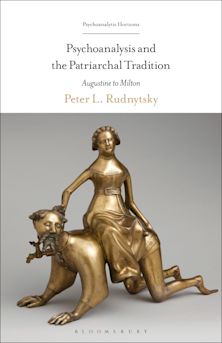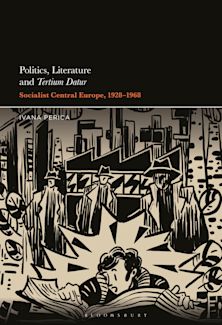- Home
- ACADEMIC
- Literary Studies
- Literary Theory
- The New Poetic
Out of stock
$39.58
RRP $49.48
Website price saving $9.90 (20%)
Notify me by email when this item is available
For information on how we process your data, read our Privacy Policy
Thank you. We will email you when this book is available to order
You must sign in to add this item to your wishlist. Please sign in or create an account
Description
A classic survey of modern English poetry from the new tradition established by Yeats in the 1890s through to Eliot, including a reassessment of the Georgians and the influence of Pound.
'A short but brilliant history. Essential to anyone interested in the development of modern poetry.' The Guardian
'Reading T. S. Eliot and reading about T. S. Eliot were equally formative experiences for my generation. One of the books about him which greatly appealed to me when I first read it ... was The New Poetic by the New Zealand poet and critic, C. K. Stead...
'A short but brilliant history. Essential to anyone interested in the development of modern poetry.' The Guardian
'Reading T. S. Eliot and reading about T. S. Eliot were equally formative experiences for my generation. One of the books about him which greatly appealed to me when I first read it ... was The New Poetic by the New Zealand poet and critic, C. K. Stead...
'The Waste Land in Stead's reading is the vindication of a poetry of image, texture and suggestiveness; of inspiration; of poetry which writes itself. It represents a defeat of the will, an emergence of the ungainsayable and symbolically radiant out of the subconscious deeps. Rational structure has been overtaken or gone through like the sound barrier. The poem does not disdain intellect, yet poetry, having to do with feelings and emotions, must not submit to the intellect's eagerness to foreclose. It must wait for a music to occur, an image to discover itself. Stead thus rehabilitated Eliot as a Romantic poet, every bit as faithful to the process of dream and susceptible to gifts of the unconscious as Coleridge was before he received the person from Porlock. And so the figure of Old Possum, netted for years in skeins of finely-drawn commentary upon his sources, his ideas, his criticism of the modern world and so on, this figure was helped to rise again like Gulliver in Lilliput, no longer a hazy contour of philosophy and literary allusion, but a living principle, a far more natural force than had been recognized until then.' -
Seamus Heaney, The Government of the Tongue (1986)
Table of Contents
Foreword to the Revised Edition
1. Introduction
2. W. B. Yeats, 1895-1916
An illustration of the problems
3. 1909-1916: Poets and their Public
Sonority ... like a goose
4. 1909-1916: 'Poetry' versus 'Life'
Imperialists; Georgians; War poets
5. The Social Function of Poetry
Pound and the Imagists; Eliot
6. Eliot's 'Dark Embyro'
The merger of morals and aesthetics
7. The Poetry of T. S. Eliot
Affirmation and the Image
8. Conclusion
2. W. B. Yeats, 1895-1916
An illustration of the problems
3. 1909-1916: Poets and their Public
Sonority ... like a goose
4. 1909-1916: 'Poetry' versus 'Life'
Imperialists; Georgians; War poets
5. The Social Function of Poetry
Pound and the Imagists; Eliot
6. Eliot's 'Dark Embyro'
The merger of morals and aesthetics
7. The Poetry of T. S. Eliot
Affirmation and the Image
8. Conclusion
Index
Acknowledgements
Acknowledgements
Product details
| Published | 15 Mar 2007 |
|---|---|
| Format | Ebook (PDF) |
| Edition | 1st |
| Extent | 192 |
| ISBN | 9781441189875 |
| Imprint | Continuum |
| Series | Classic Criticism |
| Publisher | Bloomsbury Publishing |
About the contributors
Reviews
-
'One of Continuum's funkily jacketed Impact series.' Observer
Related Titles
$129.60
RRP $162.00
$162.00
RRP $180.00
$129.60
RRP $162.00
$162.00
RRP $180.00















